International Women’s Day (IWD), celebrated annually on March 8th, is a global platform advocating for gender equality and women’s rights. Originating from labor movements in the early 20th century, IWD gained momentum with the Socialist Party of America’s “Women’s Day” in 1909. Following the 1910 International Socialist Women’s Conference, IWD saw its first commemorations in Europe. Mainstream recognition came in the late 1960s, and the United Nations endorsed the holiday in 1977. Today, IWD is a public holiday in many countries, with the UN focusing its commemoration on specific women’s rights issues annually.
In today’s world, achieving gender equality and promoting women’s well-being is paramount, but a staggering $360 billion annual deficit in gender-equality measures is projected by 2030. This gap is particularly evident in the world of sports, where women often face unequal opportunities, funding disparities, and gender biases. Despite these challenges, women continue to defy expectations and excel in sports, breaking records and shattering barriers. However, their achievements are often overshadowed by the pervasive inequalities that persist in the sporting world. It’s imperative that we make strategic investments in women athletes, coaches, and sports programs to accelerate progress and level the playing field.
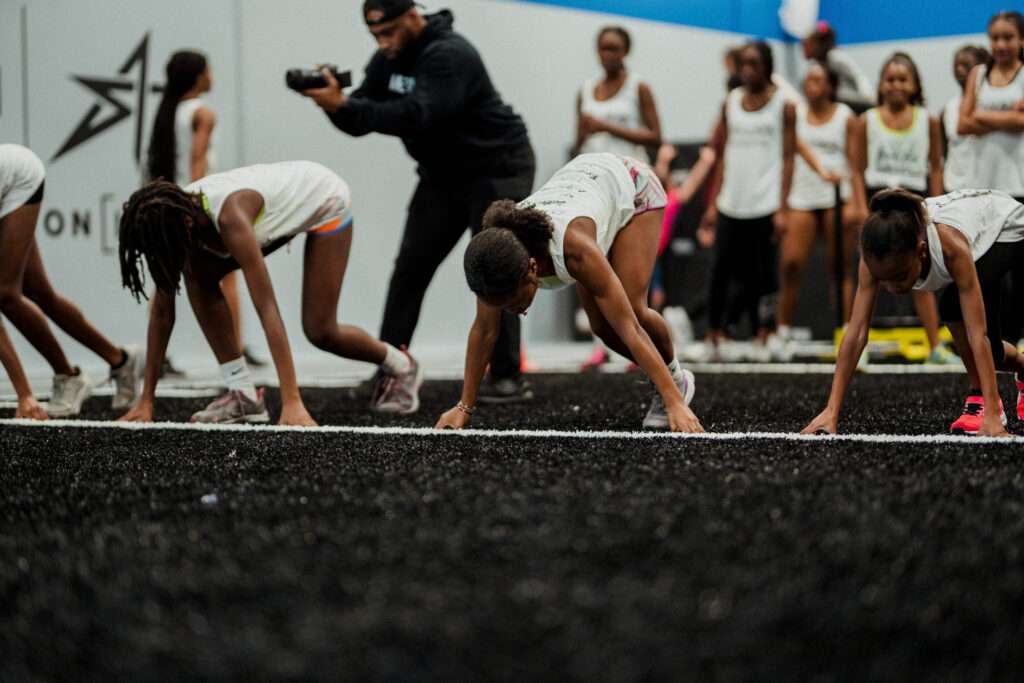
The theme for International Women’s Day 2024 is to Inspire Inclusion. As noted by IWD “[w]hen we inspire others to understand and value women’s inclusion, we forge a better world. And when women themselves are inspired to be included, there’s a sense of belonging, relevance, and empowerment.”
In line with the spirit of the day, let’s take a look at just some pivotal moments in history, where women have continued to push forward in the world of sport and specifically track and field.
A Glimpse of Women’s Achievements in Track and Field: Celebrating International Women’s Day
1900 – Paris Olympics: Women’s events are introduced to the Olympic Games for the first time, laying the foundation for future participation and recognition in sports.
1928 – Amsterdam Olympics: Women’s track and field events are included in the Olympics for the first time, marking a pivotal moment in the history of women’s athletics.
1948 – Ostermeyer’s Olympic Triumph: French athlete Micheline Ostermeyer wins gold medals in both the shot put and the discus throw at the 1948 London Olympics, showcasing her versatility as a thrower and becoming one of the early pioneers for female athletes in the sport
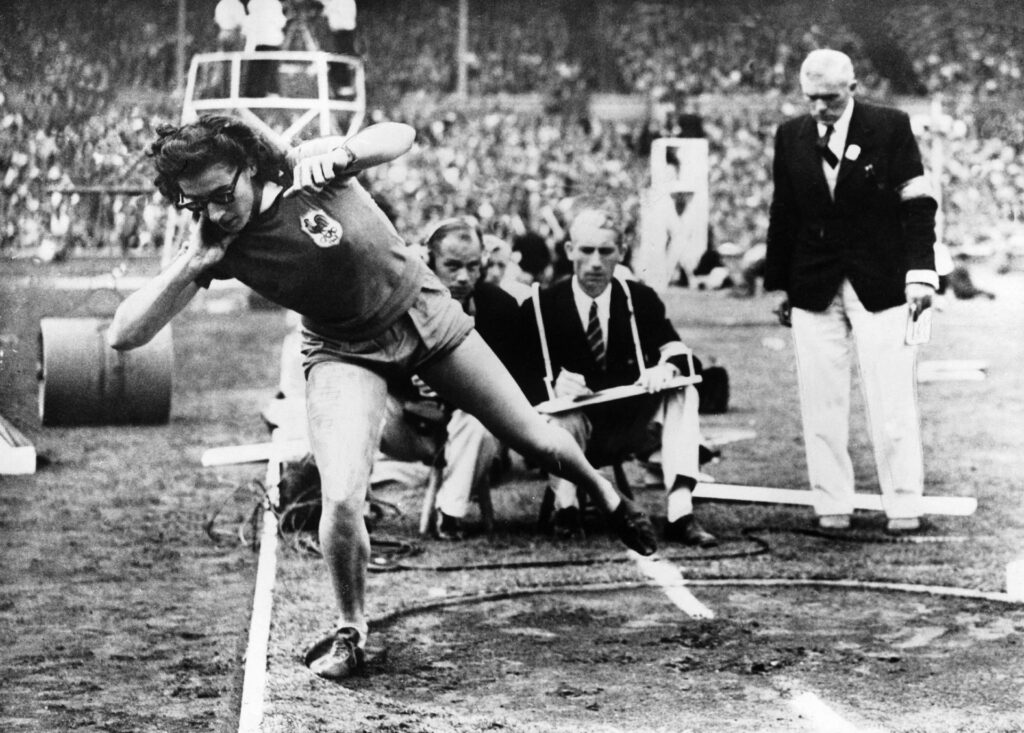
1960 – Rome Olympics: Wilma Rudolph becomes the first American woman to win three gold medals in track and field during a single Olympic Games, inspiring generations of female athletes.
1967 – Boston Marathon: Kathrine Switzer becomes the first woman to officially run the Boston Marathon, despite attempts by race officials to remove her from the course. Her participation helps pave the way for women’s inclusion in marathons.
1972 – Title IX Legislation: The passage of Title IX in the United States mandates gender equity in educational programs and athletics, leading to increased opportunities and resources for female athletes, including in track and field.
1975 – Title IX Implementation: Title IX of the Education Amendments of 1972 is implemented in the United States, prohibiting sex-based discrimination in education and athletics and leading to increased opportunities for female athletes in schools and universities.
2008 – Beijing Olympics: The women’s 3000m steeplechase is introduced to the Olympic Games, providing female athletes with the opportunity to compete in a traditionally male-dominated event.
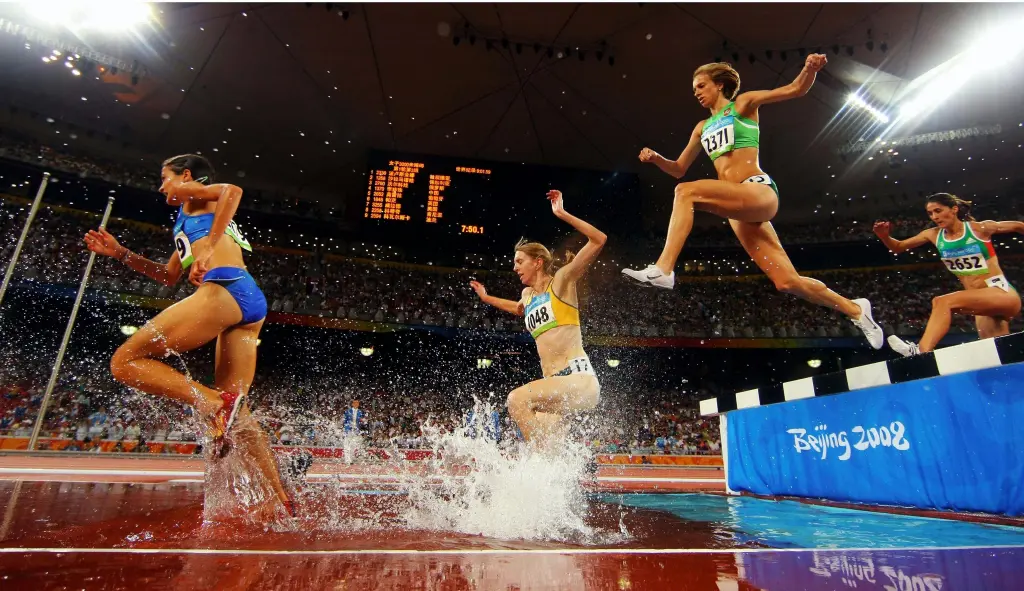
Paralympic Inclusion: Over the years, the Paralympic Games have seen increased inclusion of female athletes in track and field events, providing opportunities for women with disabilities to excel in the sport.
Athlete Activism: Female athletes have used their platforms to advocate for gender equality and social justice issues within the sports industry. Notable examples include tennis players Billie Jean King and Serena Williams, soccer player Megan Rapinoe, and track and field athlete Allyson Felix, among others, who have spoken out against pay disparities, gender discrimination, and other inequities in sports.
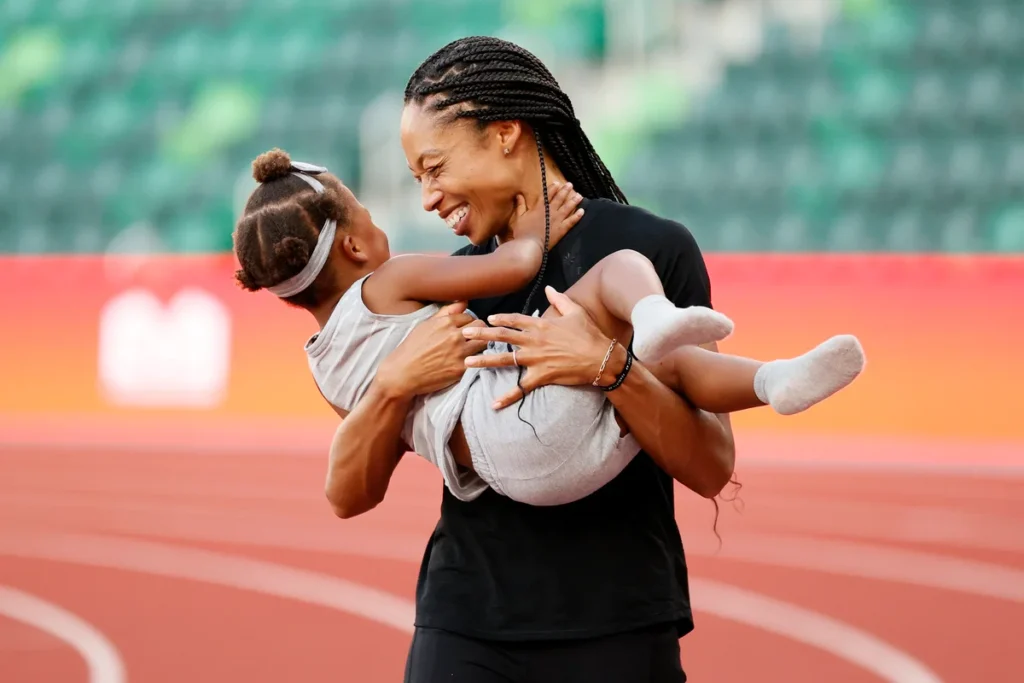
#MeToo Movement in Sports: The #MeToo movement, which originated in 2006 to raise awareness about sexual harassment and assault, has had a significant impact on the sports industry. Female athletes have come forward to share their experiences of harassment and abuse, leading to increased awareness and accountability within sports organisations.
Gender Equality in Leadership Positions: Efforts to increase gender diversity in leadership positions within sports organisations have gained traction in recent years. Initiatives such as the International Olympic Committee’s (IOC) Gender Equality Review Project aim to increase the representation of women in decision-making roles and promote gender equality in sports governance.
Upcoming Initiative: TrackGirl Magic
TrackGirlz is making significant strides in advancing opportunities for girls in track and field. Founded by Olympian and 2024 Olympic Relays Coach Mechelle Lewis Freeman, we are a nonprofit organization with a mission to empower girls through track and field, providing them with essential health, academic, and social tools for success. Research has shown that participation in track and field can lead to higher education at four-year colleges and positively impact behaviours, self-esteem, and overall health for teen girls.
One of TrackGirlz’s upcoming initiatives is a partnership with Track Girl Magic, to throw an all-female invitational track meet. This track meet is a significant step forward in the male-dominated sport of track and field, providing a platform for young female athletes to compete and excel, surrounded by their peers and all-female officials. The TrackGirlz + Track Girl Magic Track Meet exemplifies our commitment to promoting gender equality and inclusivity in track and field

As we celebrate International Women’s Day and reflect on the progress made in advancing gender equality in sports, it’s clear that there have been significant strides, but still have even more to make. There is still work to be done to ensure that all women and girls have equal opportunities, representation, and support in the world of sports. Together, let’s continue to inspire, uplift, and empower women in sports. Happy International Women’s Day!
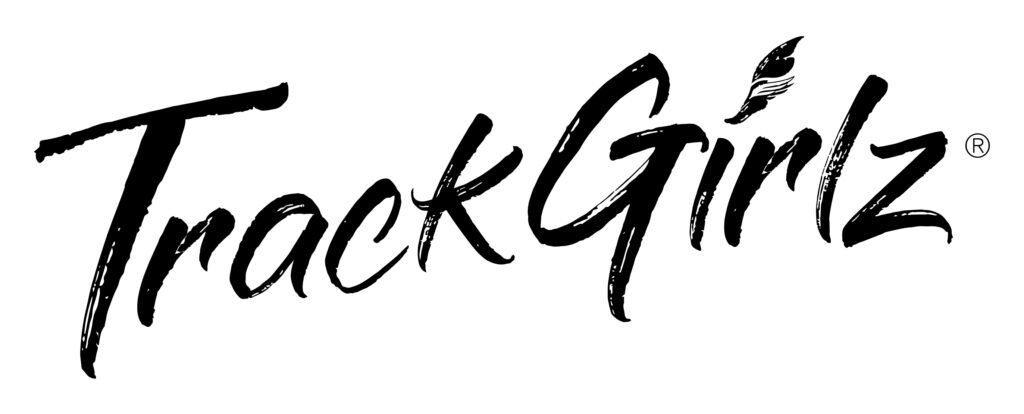

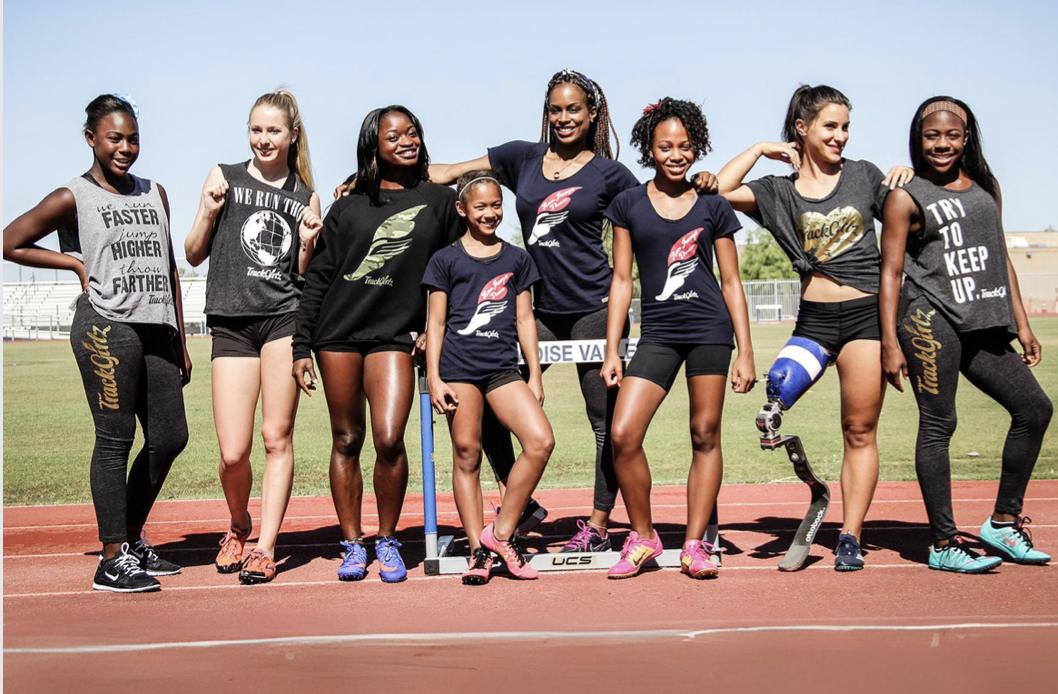

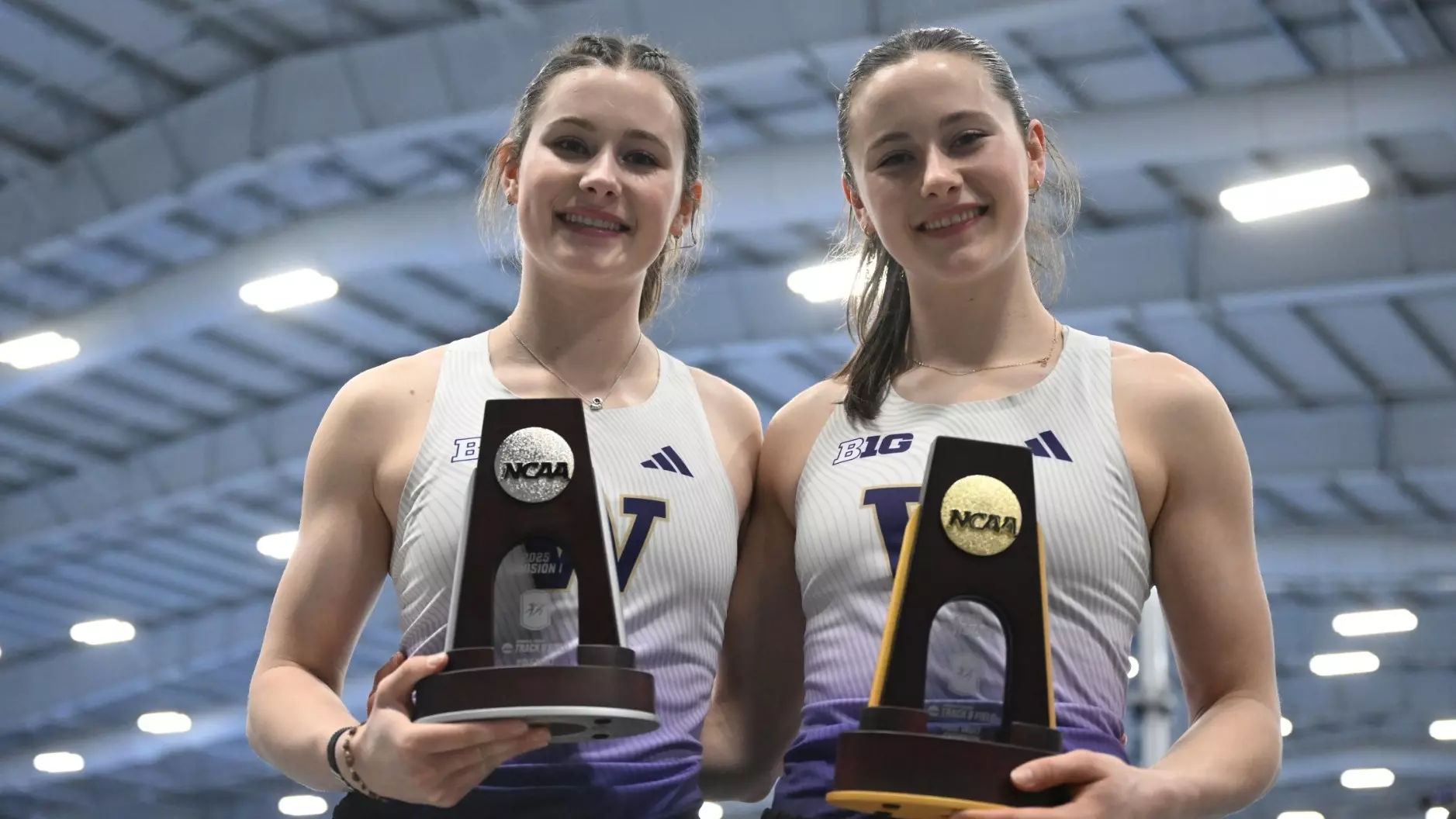
Leave a Reply